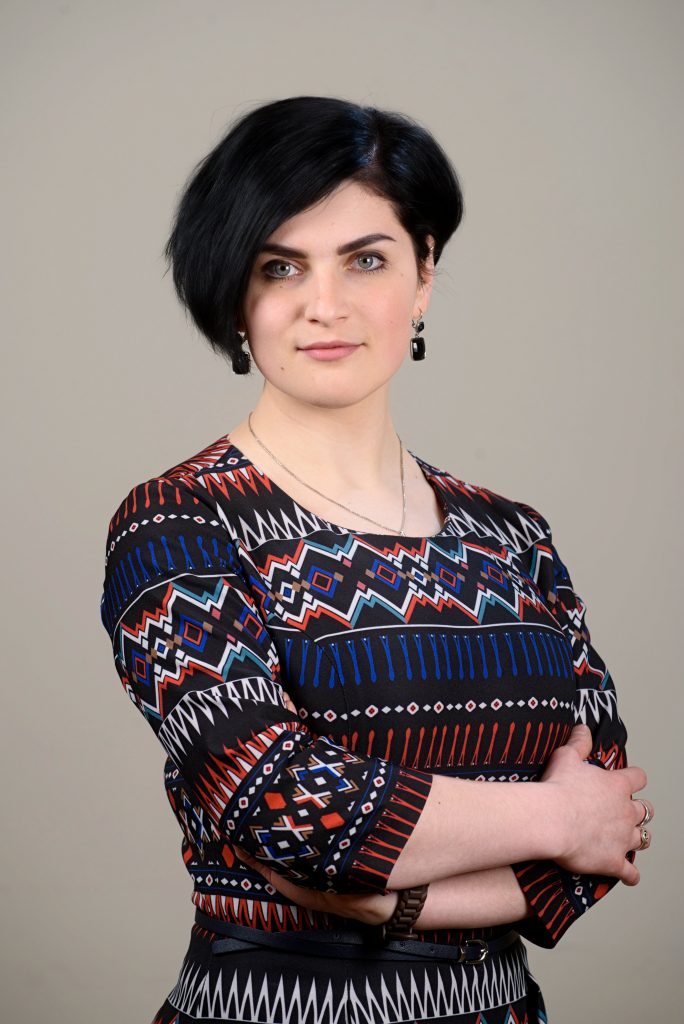In May 2019, I graduated from the Wayne State University, Detroit, MI with an M.A. degree in Anthropology majoring in Medical Anthropology. My essay was supervised by my academic advisor Dr. Jessica C. Robbins and focused on gendered inequalities and gendered social relations in late life.
In addition to declining health resilience, old age also often comes with increased financial and social inequality and may cause a subjective and objective sense of insecurity and narrowed possibilities in resource procurement. For these reasons, late life is often seen as an extended period of vulnerability. Additionally, data on inequality show gendered differences, such that overall women tend to be in more unequal and challenging positions throughout their life than men.
My study showed that gender can be used as both impediment and promoter when it comes to social inequalities: older women and men negotiate gendered social and kin relations to differently address gender-related issues and inequalities.
More broadly this study examined how through transformations of personhood gender comes to matter in late life. My paper was based on the premise that all social relations are both gendered and aged and that age and gender are in constant dynamic cultural interplay: gender shapes experiences of aging and vice versa. To understand how gender comes to matter for older adults, I used categories of gendered inequalities and shifting meaning of gendered “public” and “private” space in late life. Through these categories, it is possible to observe how in specific localities the meaning, importance and changing manifestation of gendered and aged social relations emerge.

Anna Žabicka, 2018 Grundmanis Fellowship Awardee
To show how gendered inequalities in late life are overcome through gendered qualities of personhood and therefore how gender comes to matter in late life, I based this study on rich ethnographic materials that represent regions of different economic circumstances, different average life and healthy life expectancies, various practices of kinship and different manifestations of gendered relations. Through ethnographic examples of India, the United States, United Kingdom, Zambia, Botswana, Mexico, Japan, and Latvia this study showed how older people differently engage in gendered social relations in ways that may transform insecurity of their material and social resources and even enable their social bodies. Since my future doctoral research focuses on aging and kinship-state relations in Latvian social care houses, I am interested in applying the idea of gendered and aged social and kin relations on institutional settings.
During two study years at Wayne State University, I also worked as a student research assistant at the Institute of Gerontology and participated in conferences, the latest being on March 2019 – 79th Annual Meeting of Society for Applied Anthropology “Engaging Change in Turbulent Times”, Portland, OR, USA, where I presented a paper “Kinship-state relations and high tolerance to gender-based violence in Latvia.”
Overall, these two years have been professionally and personally incredibly enriching and developing. The possibility not only to study under talented, young researchers but also meet anthropologists from other universities that work in my topic area has been extremely valuable. Additionally, I have a sense that I have spread the word about Latvia, social sciences in Latvia and certain topics worth researching in Latvia to the scholars I have met in the U.S.
As of late May 2019, I have returned to Riga, Latvia and currently am preparing for two research projects in Latvia – one on kinship and state relations that partially coincides with my interests, and the other on decision making concerning purchasing life insurances – a research that will cover other my research interests on health, care, kinship and socioeconomic positions.
When I started my studies at Wayne State University, I knew that after the completion of these studies, I want to pursue Ph.D. studies. My proposed research project is “Aging and kinship-state relations in Latvian social care centers” and currently I am exploring my possibilities to carry it out beginning this fall. With this intended research project, I eventually hope to influence social policies regarding care for the aging population and possibly shape the understanding and processes of broader welfare policies in Latvia.
I am genuinely grateful to AABS for granting this fellowship that has helped not only to successfully finish my studies at Wayne State University but thus also to come much closer to intended doctoral research on such important topic on social inequality and health issues in Latvia.
Anna Žabicka
2018 Janis Grundmanis Postgraduate Fellowship Awardee
